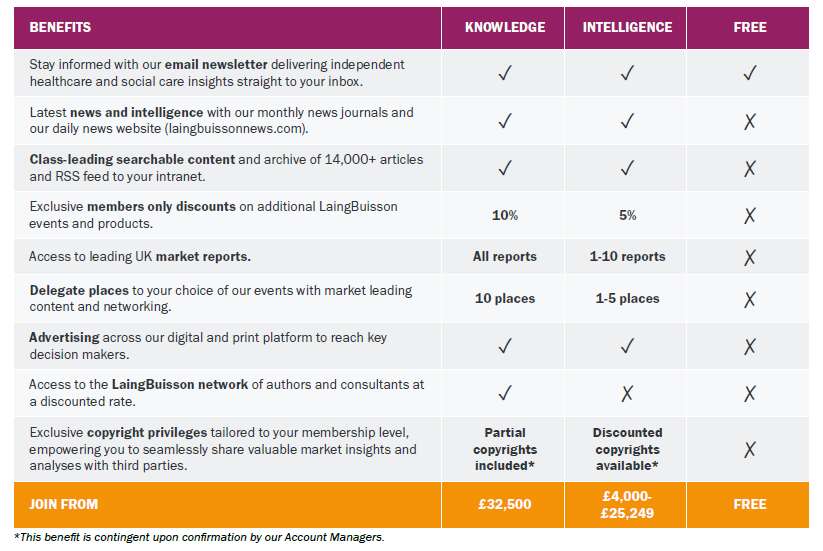Children’s services and special education market grows under pressure of demand
The fourth edition of LaingBuisson’s Children’s Services UK Market Report has been published today.
This comprehensive report covers special education, foster care, adoption, children’s residential care, leaving care, safeguarding, guardianship and other services. It estimates the market for social care services for children and young people and special education services in the UK to be worth £15.38 billion in calendar 2018.
As of 31 March 2018, LaingBuisson estimates that 95,855 children were being looked after in care in the UK. This represents growth of 9% in the past 5 years, and 28% in the past 10, with many children and young people presenting with complex and multi-layered needs. This increase in demand came at a time when local authorities were asked by central government to constrain budgets to reduce public sector debt, meaning that increases in spending to meet rising children’s care and special education demand have come at the expense of other services for children and young people, and other council services.
The main sectors of children’s and young people’s services in which the independent sector is active are special education, residential care and fostering. In March 2019, there were 499 special schools and 106 special colleges operated by the independent sector in England, and an average of 20-25 new school developments have been registered in both 2018 and 2017. The main driver for this is the prevalence of children with EHC (Education, Health and Care) Plans or Statements, estimated at 2.9% of pupils in England as of January 2018. Children’s care providers have also responded to the growing need for joined up care, therapy and education.
The number of children in foster care has risen by 8% in the past five years. One-third are placed by independent fostering agencies. The Government has plans to get local authorities and the independent sector working collaboratively to ensure sufficient high-quality fostering placements, for example by providing seed funding for joint recruitment drives.
The rise in the number of children cared for in residential settings is even sharper, at almost 17% in the past five years for the UK. Within this sector of the market, the independent sector is sought out for innovation and new development and plays an important role in providing specialised services in the right type of setting for more vulnerable children with complex needs.
Philip Blackburn, author of the report, said:
“Children’s and young people’s services present some of the greatest challenges in today’s social care and education markets. The strong rise in demand for care services and high needs education has come during a period of fiscal restraint from central government, and local authorities have needed to work hard to ensure every child in their care is looked after properly and in appropriate settings, with an over-reaching eye to improve outcomes for children and young people accessing services. In recent years, the government has driven its policy to gather and develop best practice and innovation within children’s social care and pay-offs from this work will be expected as wider roll-out and information dissemination takes place in the next few years. An important near-term policy development is scale and scope within commissioning, as recent sector-reviews have highlighted the opportunities to reduce dependency on local spot purchasing arrangements and develop more effective planned and guaranteed scale arrangements with providers. At a time when supply of specialist children’s care is lacking in some areas of the country, dynamic market management between demand and supply is certainly a high priority to manage current and future needs within budget.”
Representatives with the children’s social care have pressed for higher funding commitments from the government. The Local Government Association predict that a funding gap for children’s services in England will be in the order of £2 billion by 2020 and more than £3 billion by 2025. To-date additional government funding to support innovation and best practice initiatives remains a far cry from substantial investment indicated by this funding shortfall. The 2019 Spending Review will provide some clarity on future government funding commitments for children’s services and special education.
Find out more about the Children’s Services UK Market Report here







